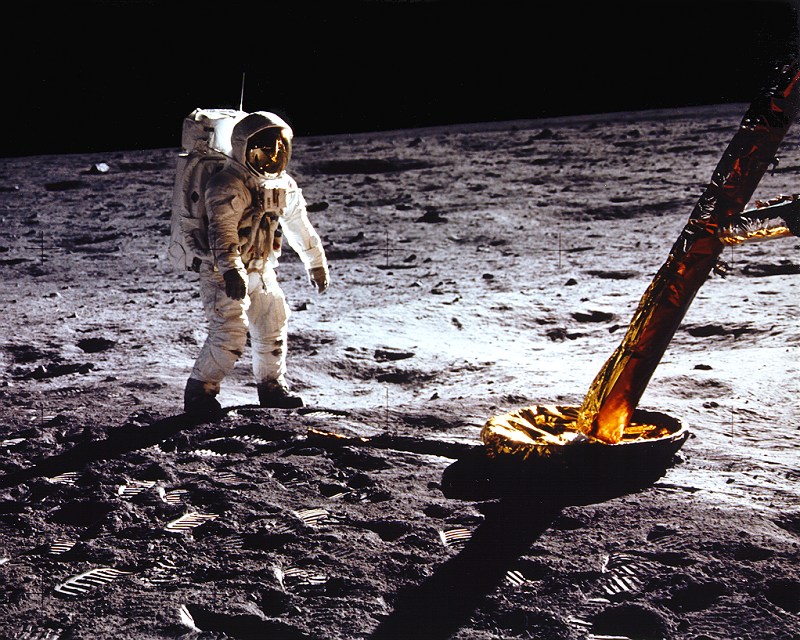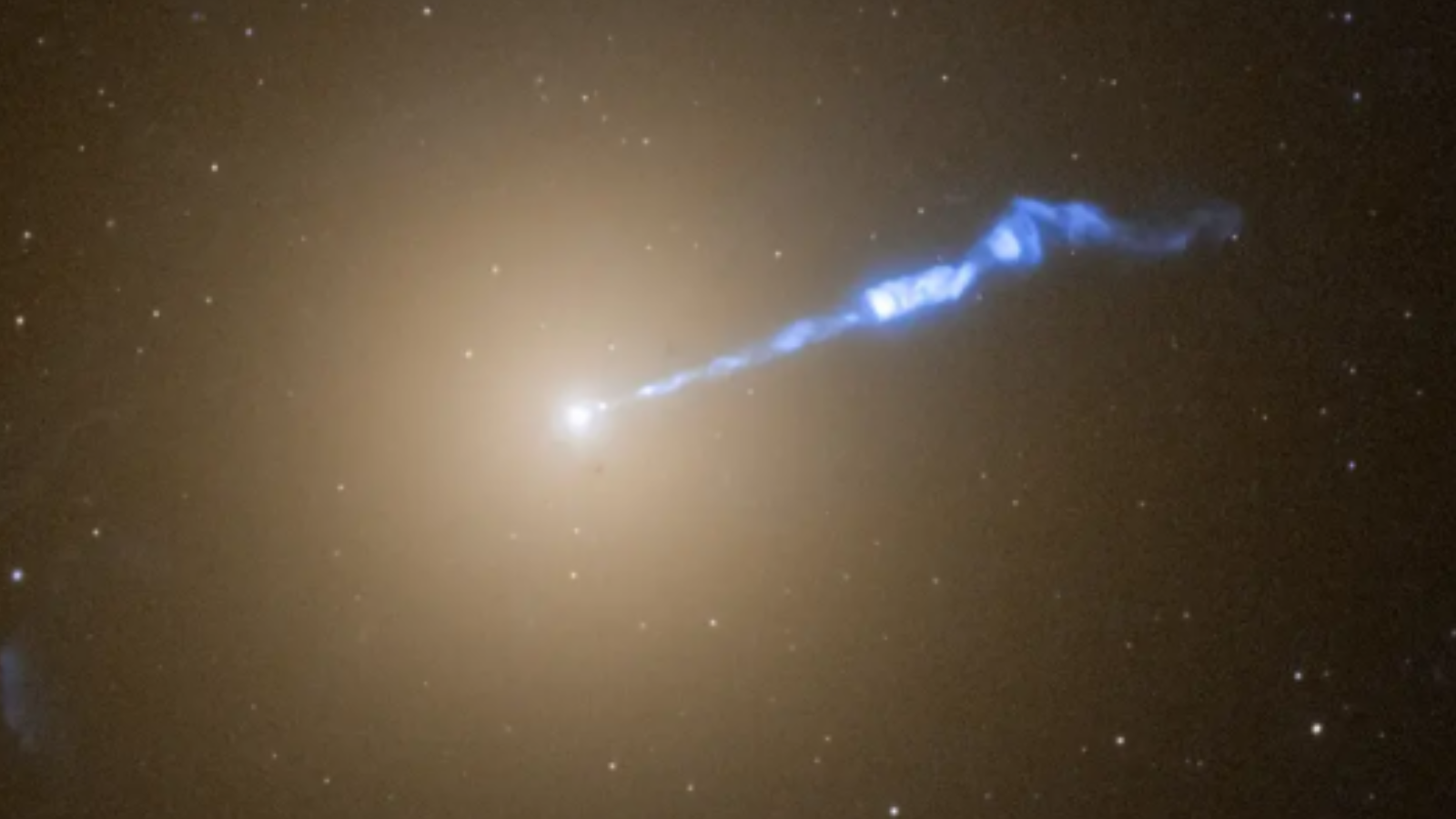NASA's Moon Return Among Key Topics at 2019 International Space Development Conference
The meeting occurs just a month before the 50th anniversary of Apollo 11.

The National Space Society's (NSS) International Space Development Conference (ISDC) will take place next month amid a large policy shift for NASA: sending humans to the moon, and soon.
Many months ago, the NSS, without knowing about that policy shift, chose the moon as one of the main themes for the conference, which will take place June 6 to June 9. That decision recognized that July 2019 marks the 50th anniversary of the first human landing on the moon, NSS officials said in an interview. (Disclosure: Space.com is a media sponsor for the conference.)
Now, however, NASA is shooting for a crewed lunar return — and on a recently accelerated timeline, making the NSS meeting even more topical. In March, President Donald Trump's administration announced that it wants NASA to put boots on the moon by 2024, rather than 2028, as originally envisioned.
Related: Can NASA Really Put Astronauts on the Moon in 2024?
And last week, the White House proposed adding $1.6 billion to NASA's $21 billion budget for 2020 to help get the ball rolling.
"It's been interesting to see how things have evolved," Bruce Pittman, a member of the NSS's board of directors, told Space.com. "We're at the right place and the right time, playing the right sheet of music."
The conference's location this year in Washington, D.C. (it changes locations regularly) brings access to a number of speakers who can discuss NASA's new direction, including agency chief Jim Bridenstine and National Space Council Executive Secretary Scott Pace. There also will be an acknowledgment of past moon achievements through speakers such as Apollo 15 astronaut Al Worden and Apollo-era NASA flight director Gerry Griffin.
Breaking space news, the latest updates on rocket launches, skywatching events and more!
Wealth of topics
Participants who wish to reach beyond the moon can choose from 10 different sessions at the conference, reflecting other major space developments in the past year. For example, companies such as Rocket Lab and Vector Launch will speak about the advances in satellite constellations and how individual satellites are evolving with customer needs.
Space tourism will also be a major theme, given that Virgin Galactic has already conducted two crewed test flights to suborbital space. And there will be an eye to the more distant future, with other space tracks focusing on matters such as a human mission to Mars and the possibilities of interstellar flight.
Around 1,000 participants are expected at the meeting. There will be special programming for the hundreds of participating students, including a guide to navigating the conference and tips for connecting with companies and individuals they are interested in.
"We want to make sure they are not adrift in the conference but introduced to the people who are important," said Rod Pyle, the editor of NSS magazine, Ad Astra, in the same interview with Space.com.
Registration is available for the 38th ISDC at the conference website.
- NASA Plans to Build a Moon-Orbiting Space Station: Here's What You Should Know
- In Photos: President Trump Aims for the Moon with Space Policy Directive 1
- Home On the Moon: How to Build a Lunar Colony (Infographic)
Follow Elizabeth Howell on Twitter @howellspace. Follow us on Twitter @Spacedotcom and on Facebook.

Elizabeth Howell (she/her), Ph.D., was a staff writer in the spaceflight channel between 2022 and 2024 specializing in Canadian space news. She was contributing writer for Space.com for 10 years from 2012 to 2024. Elizabeth's reporting includes multiple exclusives with the White House, leading world coverage about a lost-and-found space tomato on the International Space Station, witnessing five human spaceflight launches on two continents, flying parabolic, working inside a spacesuit, and participating in a simulated Mars mission. Her latest book, "Why Am I Taller?" (ECW Press, 2022) is co-written with astronaut Dave Williams.
